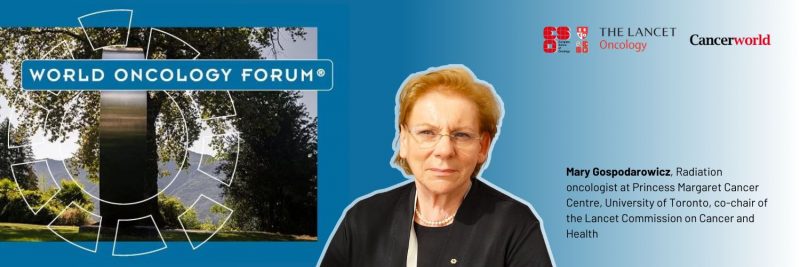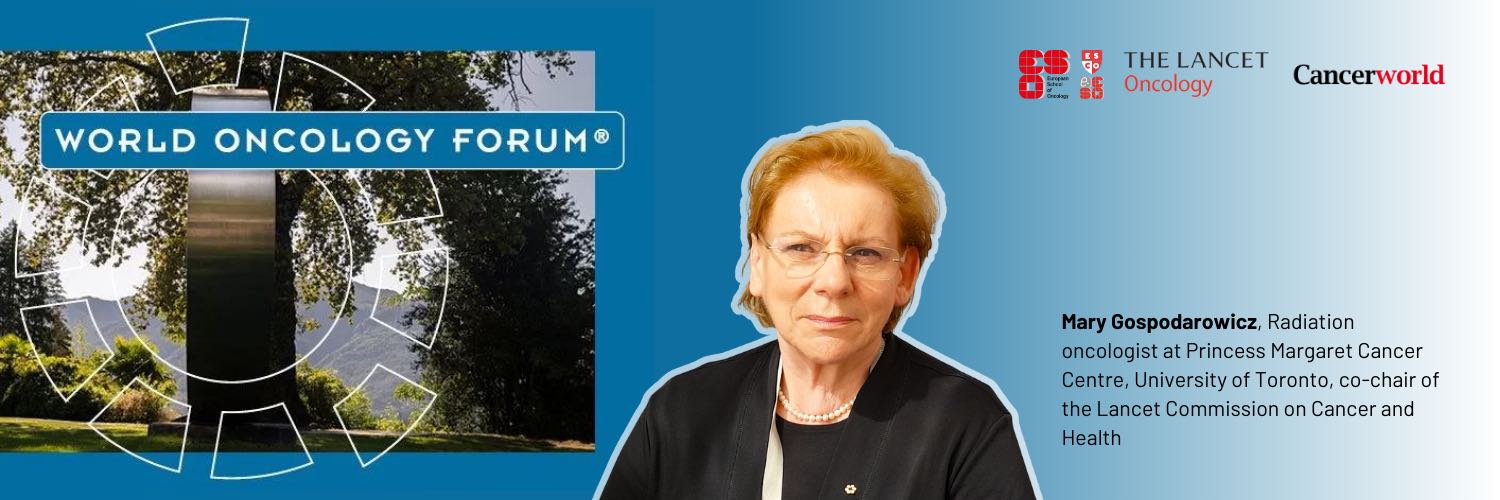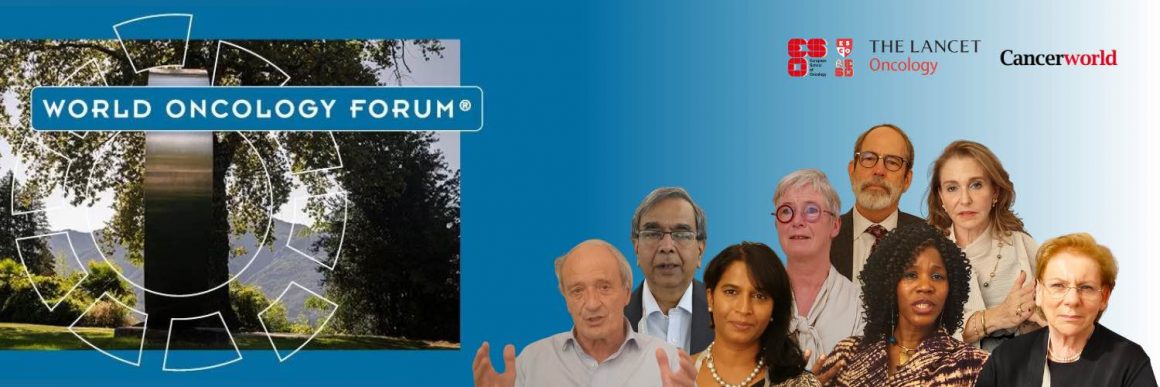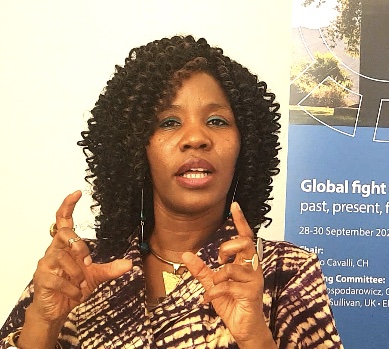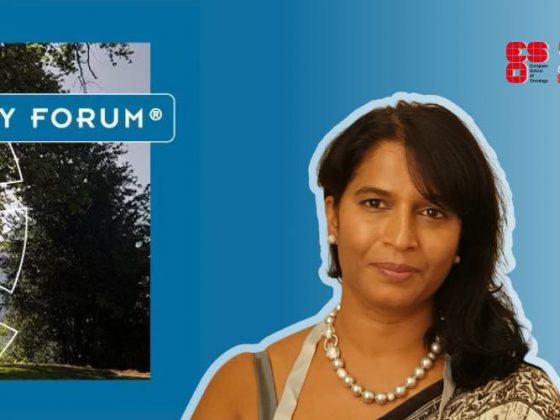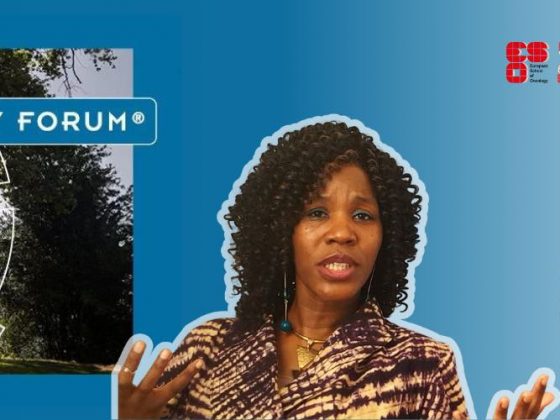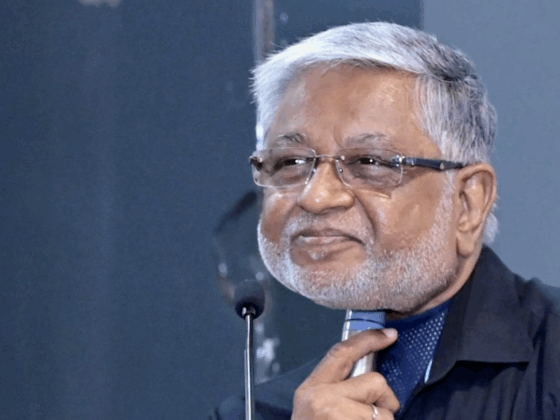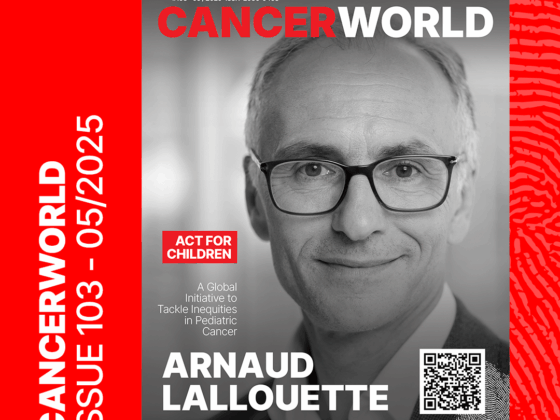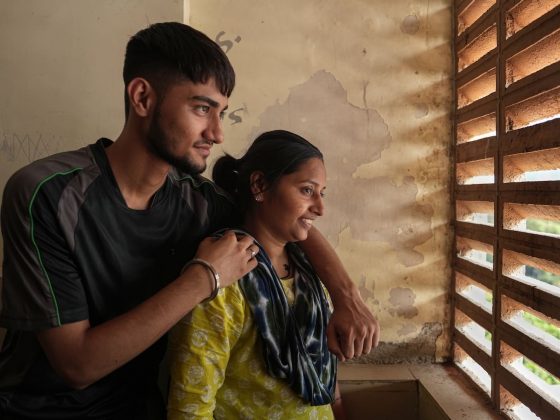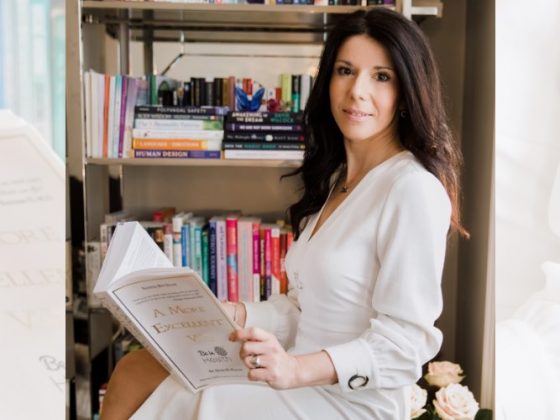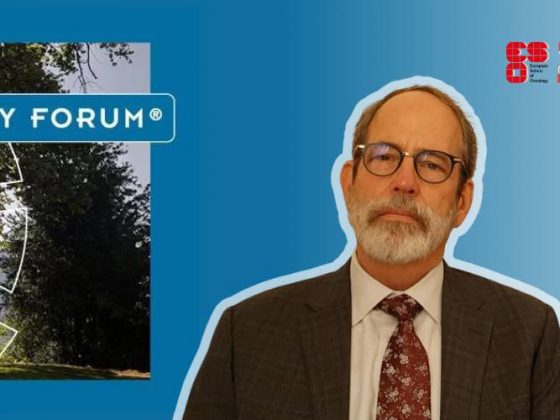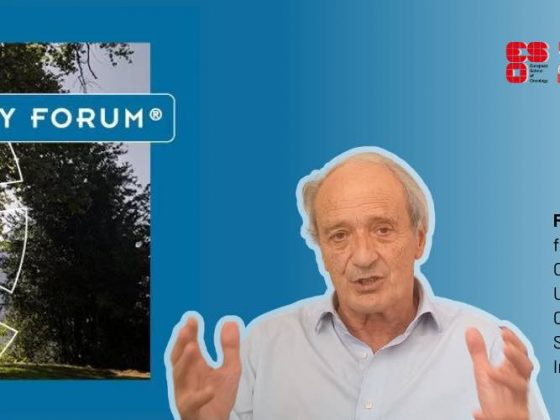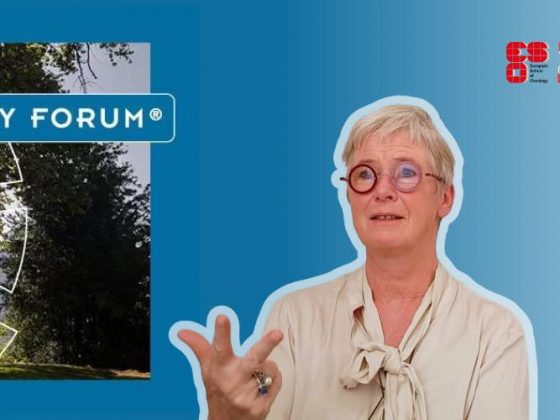What progress can we point to? In the last 10 years we have seen significant progress in science and the depth of understanding of cancer – its complexity and biology. We also have new tools available, so patients with cancer can be treated better, can expect better outcomes and have generally better survival. Though we have not made as much progress in addressing the inequities between patients who have access to good cancer care and those who do not.
There has been tremendous progress in the visibility of cancer on the global agenda. Cancer is more visible within WHO, with the three main resolutions: on elimination of cervical cancer; on the childhood cancer initiative, which is being implemented across the world, and has great potential for changing the perceptions of cancer as a fatal disease; and the initiative on breast cancer. If we start building infrastructure to address these three projects, we hopefully will benefit many other cancers.
Where are we failing? Progress is very slow. There is a lot of discussion, guidelines, documents around these initiatives, but scaling up the action requires resources, and resources have not been brought to the table. We’ve failed in implementation and holding governments accountable for the pace of progress. The gap between what we know and are able to do, and what we are doing is growing.
What should we be advocating for today? I think we need a change of approach. We’ve been talking to decision makers for the last twenty to thirty years. It hasn’t worked. I think we now have to engage better with the public. When I talk about patients with cancer, I’m thinking of current patients who have cancer, their access to care, and also of past patients who have had cancer but haven’t quite recovered, and don’t have support and services to help integrate them back into society. I also talk about future patients. I always think that, if I had cancer, I would like better treatment for myself; if my daughter has cancer, I would like her to have much easier time with diagnosis and treatment and much better outcomes, less suffering. But when I think of my grandchildren, I don’t want them to get cancer.
So we need to have three agendas: one is to implement what we do now for people who have cancer. But we also need to think about the future, and the future needs to be more ambitious. We talk about decreasing tobacco use by increasing taxation and regulation, and implementing primary prevention for tobacco control. I think the future should be no tobacco. There is no reason to have tobacco in the world. I think in many fronts we need to be more ambitious in how we want to see the future, with cancer being much less of a health problem than it is today.
This was one of eight interviews with participants of the World Oncology Forum that were conducted by Cancerworld. Click on the links below to see what the others had to say.
Advocating for accessible cancer care in the global South: are we doing this all wrong?
Nirmala Bhoo Pathy, Public health physician, University Malaya, Kuala Lumpur
“What is not being discussed is how do we improve wellbeing?”
See interview summary | See video
Miriam Mutebe, Breast cancer surgeon, Agha Khan University, Nairobi, and President Elect of AORTIC, the African Organisation for Research and Training in Cancer
“We need to think critically about how our healthcare system can deliver the best for patients”
See interview summary | See video
Felicia Marie Knaul, Co-chair of the Lancet Commission on Cancer and Health Systems, Sylvester Comprehensive Cancer Center and Director of the Institute for Advanced study of the Americas, University of Miami, Florida, President of the Mexican breast cancer advocacy group Tómatelo a Pecho
“In this post-Covid world we have the opportunity to harness technology in ways that we have never seen before”
See interview summary | See video
Srinath Reddy, Founder and Past President of the Public Health Foundation of India
“We need to make care affordable and strengthen our health workforce so we have people who can deliver the wide range of services that are needed”
See interview summary | See video
Bente Mikkelsen, WHO Director for Non-Communicable Diseases
“We should think through what is needed to ensure we have accountability, and simplify the metrics on what success looks like”
See interview summary | See video
Franco Cavalli, Founder & organiser of the World Oncology Forum, past Chair of the Scientific Committee of the European School of Oncology, past President of the UICC
“We need another approach, where governments, public spending, taxes, together with development banks play the overarching role in financing the global fight against cancer”
See interview summary | See video
Ben Anderson, Breast Cancer Surgeon, WHO Global Breast Cancer Initiative lead
“Our role is not to tell everybody what to do; it’s to create tools so they can do this in the way that is most effective in their environment”

